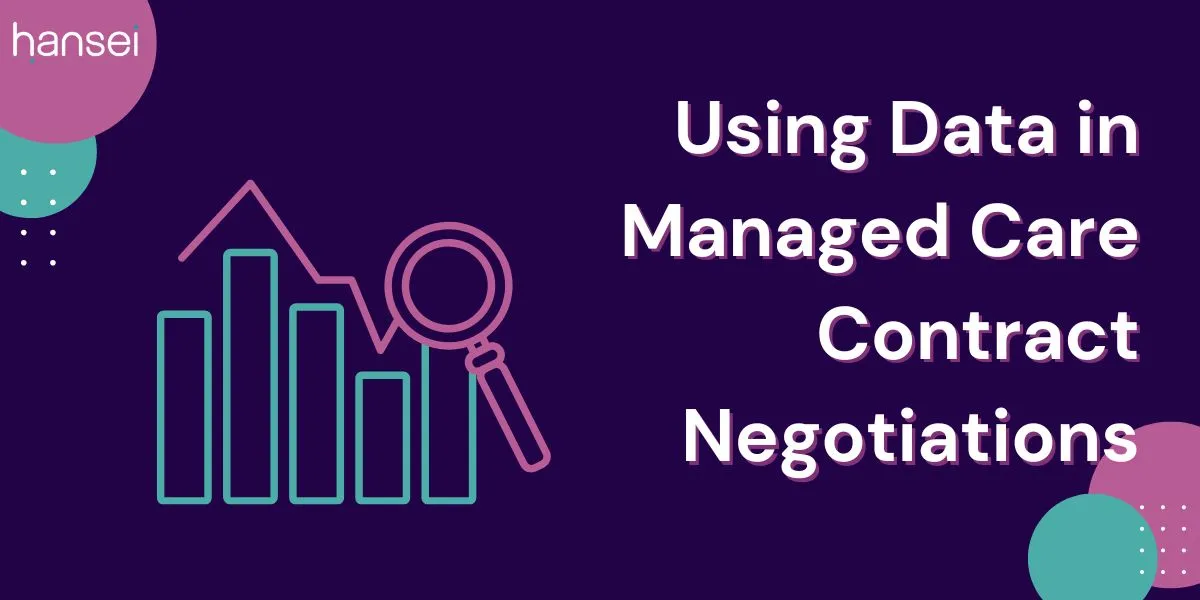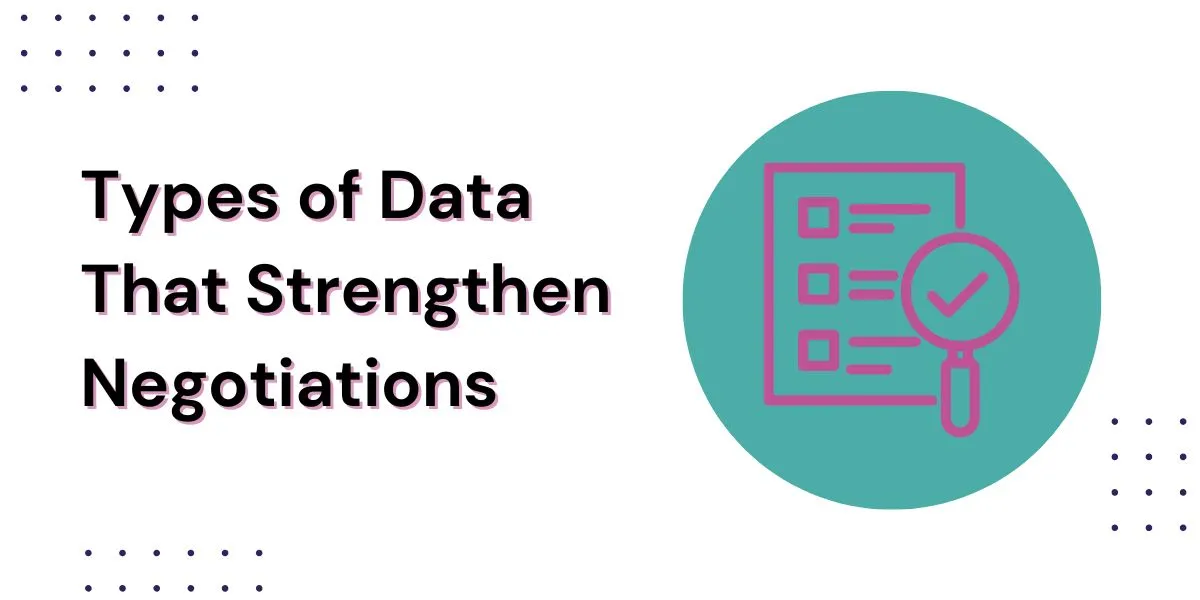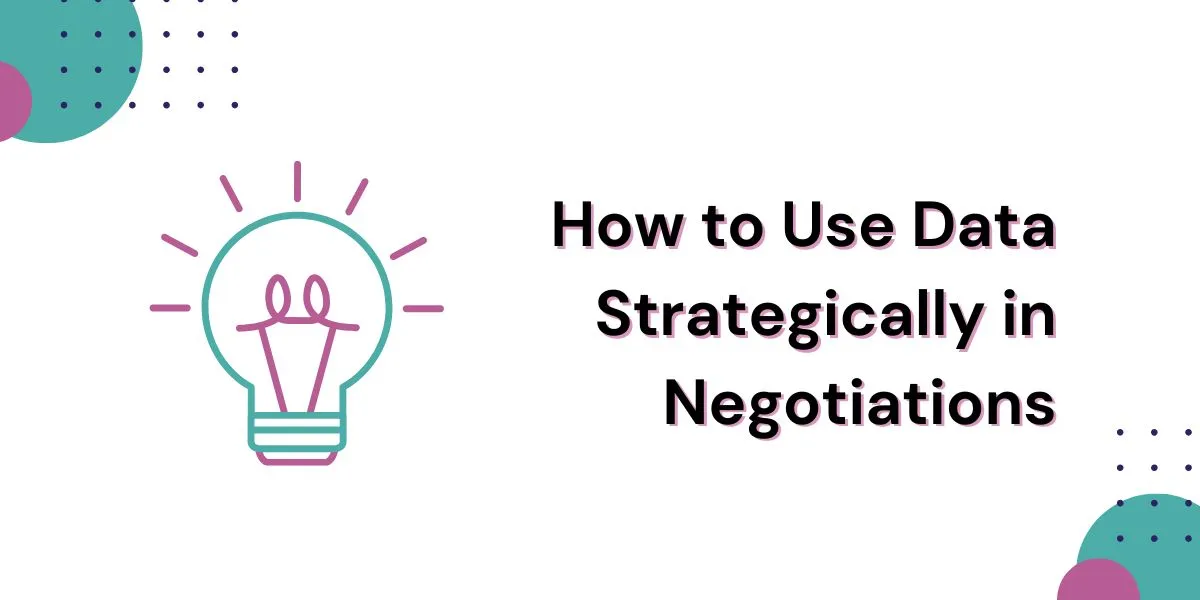Blog

When it comes to healthcare, data is power—especially when it comes to managed care contract negotiations. Payers expect transparency, performance metrics, and measurable outcomes before agreeing to favorable reimbursement terms. For behavioral health providers, using data in managed care negotiations can transform discussions from defensive to strategic—helping secure stronger contracts and sustainable growth.
At Hansei Solutions, we help treatment centers leverage financial, clinical, and operational data to support negotiations, demonstrate value to payers, and improve revenue performance across the board.
Why Data Matters in Managed Care Contracts
Managed care contracts define how healthcare providers are reimbursed for the services they deliver. Without supporting data, providers often find themselves at a disadvantage—accepting lower rates, restrictive terms, or unfavorable utilization review processes.
But when you use accurate, meaningful data, you’re no longer just asking for better rates—you’re proving why you deserve them.
Key benefits of using data in managed care negotiations include:
- Demonstrating treatment effectiveness and patient outcomes
- Strengthening negotiating power with payers
- Identifying underpayments or contract inefficiencies
- Supporting compliance and value-based care initiatives
- Building trust and transparency in payer-provider relationships
Data isn’t just numbers—it’s evidence that your organization delivers quality care efficiently and responsibly.

Types of Data That Strengthen Negotiations
Not all data carries equal weight in a managed care discussion. To effectively support your case, you need a combination of clinical, financial, and operational data that illustrates both care quality and fiscal responsibility.
- Clinical Outcomes Data – Payers are increasingly focused on measurable results. Sharing metrics like reduced relapse rates, improved patient satisfaction, or decreased hospital readmissions demonstrates that your programs are effective and align with value-based care standards.
- Utilization and Length-of-Stay Data – Showing how your facility manages utilization—such as maintaining optimal lengths of stay or appropriate transitions between levels of care—proves that you deliver treatment efficiently without compromising quality.
- Financial and Reimbursement Data – Data on reimbursement patterns, denial rates, and average payment turnaround times reveals how contracts are performing financially. These insights highlight opportunities for renegotiation or restructuring.
- Compliance and Audit Data – Maintaining strong documentation and audit readiness reduces payer concerns about billing integrity. Demonstrating compliance through data builds payer confidence and supports smoother negotiations.
- Market and Benchmarking Data – Comparing your performance metrics with regional or national benchmarks shows where your organization excels—and gives you leverage in rate discussions.

How to Use Data Strategically in Negotiations
It’s not enough to collect data—you need to translate it into a narrative that payers understand. Hansei Solutions helps behavioral health providers analyze and present data in ways that highlight both efficiency and clinical excellence.
Here’s how data can strengthen your negotiation strategy:
1. Tell a Story with Metrics
Raw numbers mean little without context. Frame data as a story that demonstrates patient progress, cost savings, and improved outcomes. For example: “Our relapse prevention program reduced readmissions by 25% over 12 months.”
2. Support Value-Based Reimbursement Models
As managed care organizations shift toward outcome-based contracts, your ability to show measurable success rates positions your facility as a reliable partner in delivering quality, cost-effective care.
3. Identify Underpayments and Lost Revenue
Claims data can reveal consistent underpayments or denied claims due to contract misalignment. These insights help providers pinpoint where negotiations should focus.
4. Back Every Ask with Evidence
When requesting improved rates or terms, support every proposal with credible data—whether that’s outcome metrics, utilization efficiency, or benchmark comparisons.
5. Maintain Ongoing Data Readiness
Negotiation doesn’t start at the table—it starts with how you manage your data every day. Having organized, verifiable records of clinical and financial performance ensures you’re always prepared for payer reviews and renegotiations.
How Hansei Solutions Helps Providers Use Data Effectively
At Hansei Solutions, we specialize in helping behavioral health organizations use data to gain control of their managed care relationships. Our team integrates data analytics, revenue cycle management, and payer strategy to create a comprehensive picture of your organization’s value.
Our data-driven approach includes:
- Contract performance analysis: Identifying rate disparities and underpayments.
- Outcome tracking: Measuring clinical success for value-based contracting.
- Financial forecasting: Using data to project revenue impacts of proposed contract terms.
- Negotiation preparation: Equipping leadership with clear data visuals and insights for payer discussions.
By transforming raw data into actionable insights, Hansei Solutions empowers providers to negotiate from a position of strength—not desperation.
FAQs About Using Data in Managed Care
Why is data so important in managed care negotiations?
Data provides objective proof of care quality and operational efficiency, helping providers negotiate higher reimbursement rates and stronger partnerships with payers.
What types of data are most valuable to share with payers?
Clinical outcomes, utilization rates, compliance metrics, and financial performance data all help demonstrate value during contract discussions.
How can behavioral health providers collect reliable data?
Using integrated EHR systems, billing analytics, and outcome-tracking tools ensures your data is accurate and verifiable. Hansei Solutions helps providers structure and interpret this data effectively.
Can data help reduce claim denials?
Yes. By identifying trends in claim rejections or underpayments, data analytics helps providers correct issues proactively and strengthen future contract terms.
How does Hansei Solutions use data to improve negotiation outcomes?
We combine clinical, operational, and financial data to create custom reports and negotiation strategies that highlight your organization’s measurable value to payers.
Negotiate with Confidence—Powered by Data
In managed care, data isn’t just an operational tool—it’s a strategic advantage. When used effectively, it helps providers secure fair reimbursement, reduce administrative friction, and build stronger payer relationships.
At Hansei Solutions, we help behavioral health organizations harness their data to drive smarter decisions and better financial outcomes. Whether you’re entering a new payer contract or renegotiating an existing one, our data-driven strategies can help you gain the clarity and confidence you need.
Contact Hansei Solutions today to learn how data can transform your managed care negotiations and your bottom line.

Ready to focus on providing healthcare? Let us lighten your load.
We’re here to address your pain points and create growth opportunities for your organization. We’re passionate about what we do, and it shows in every interaction. Learn what makes us tick and schedule a demo today.